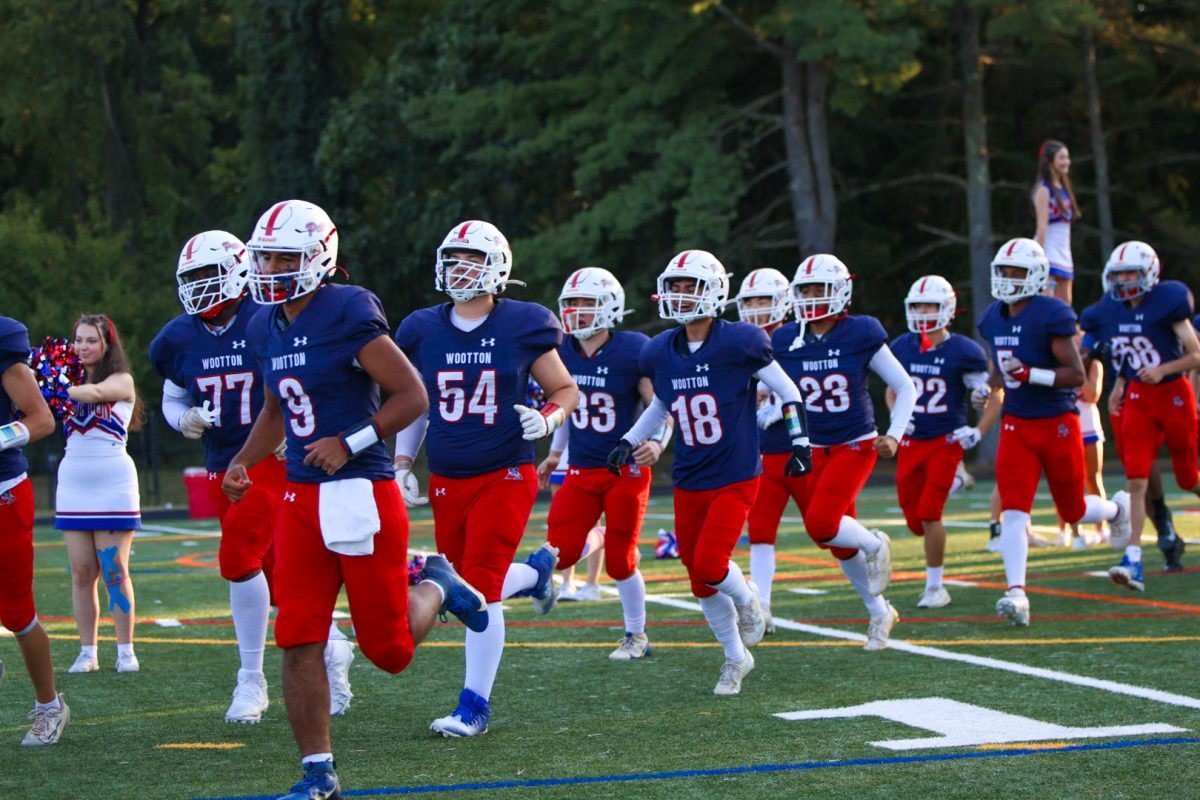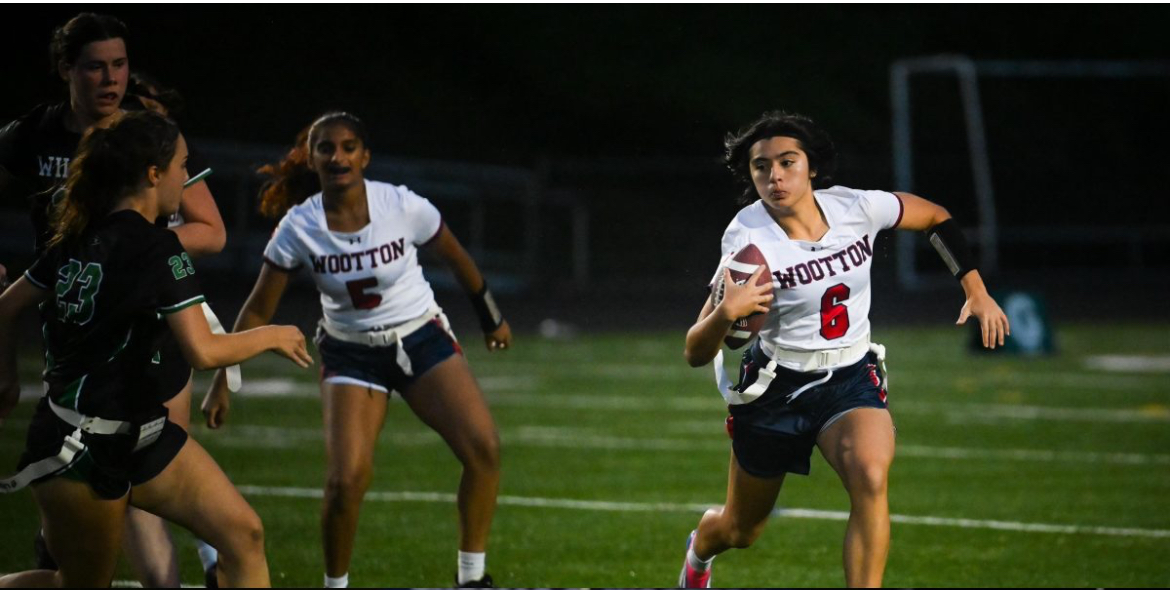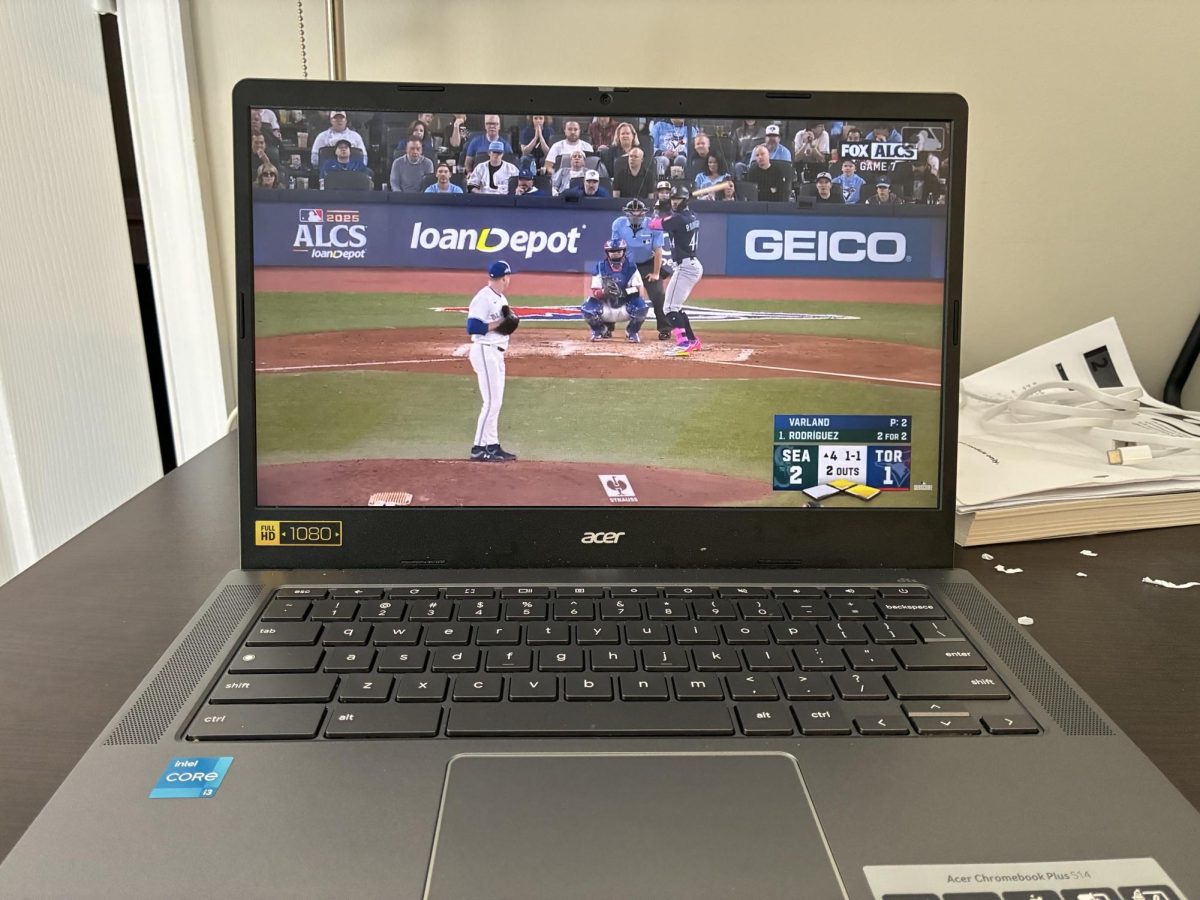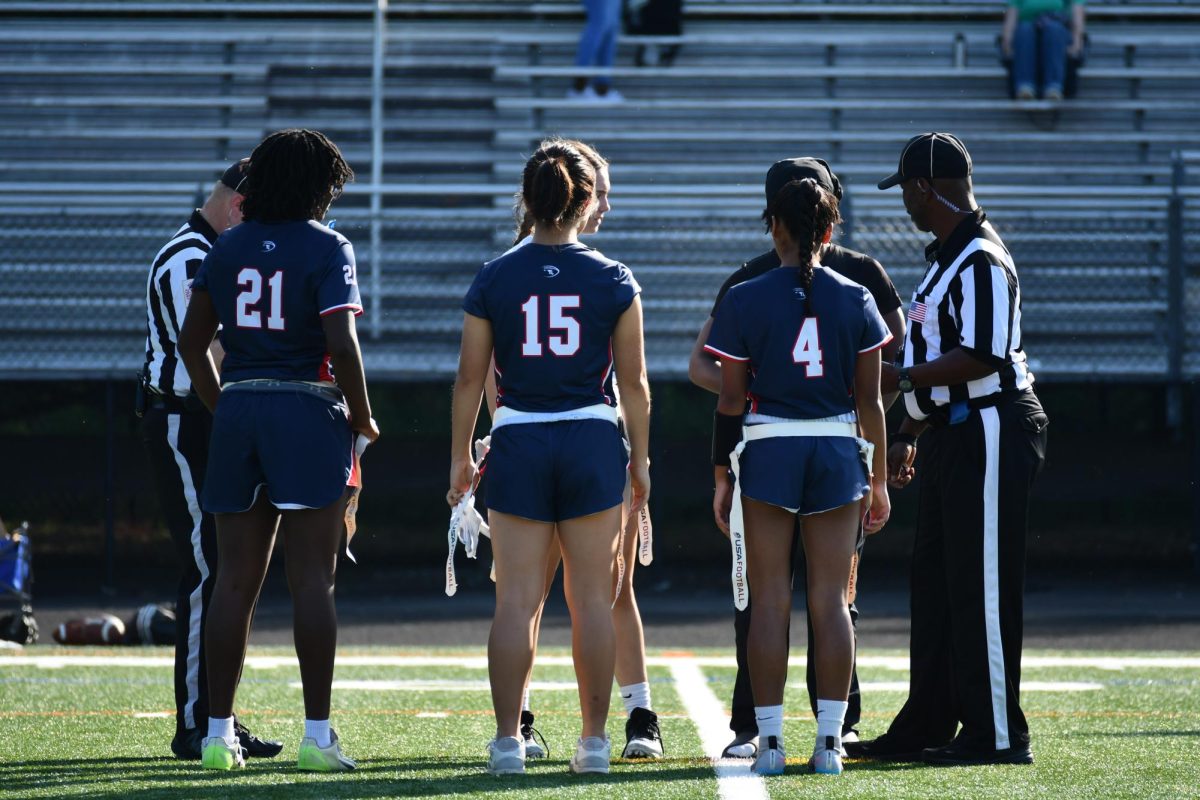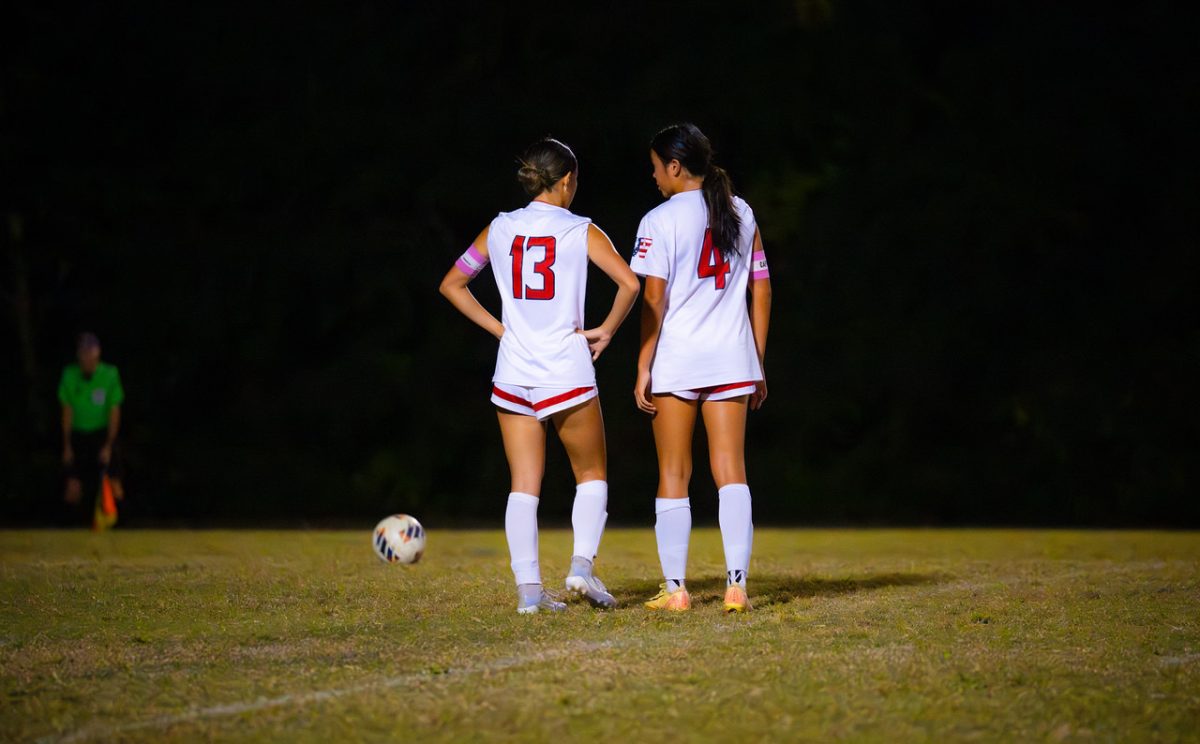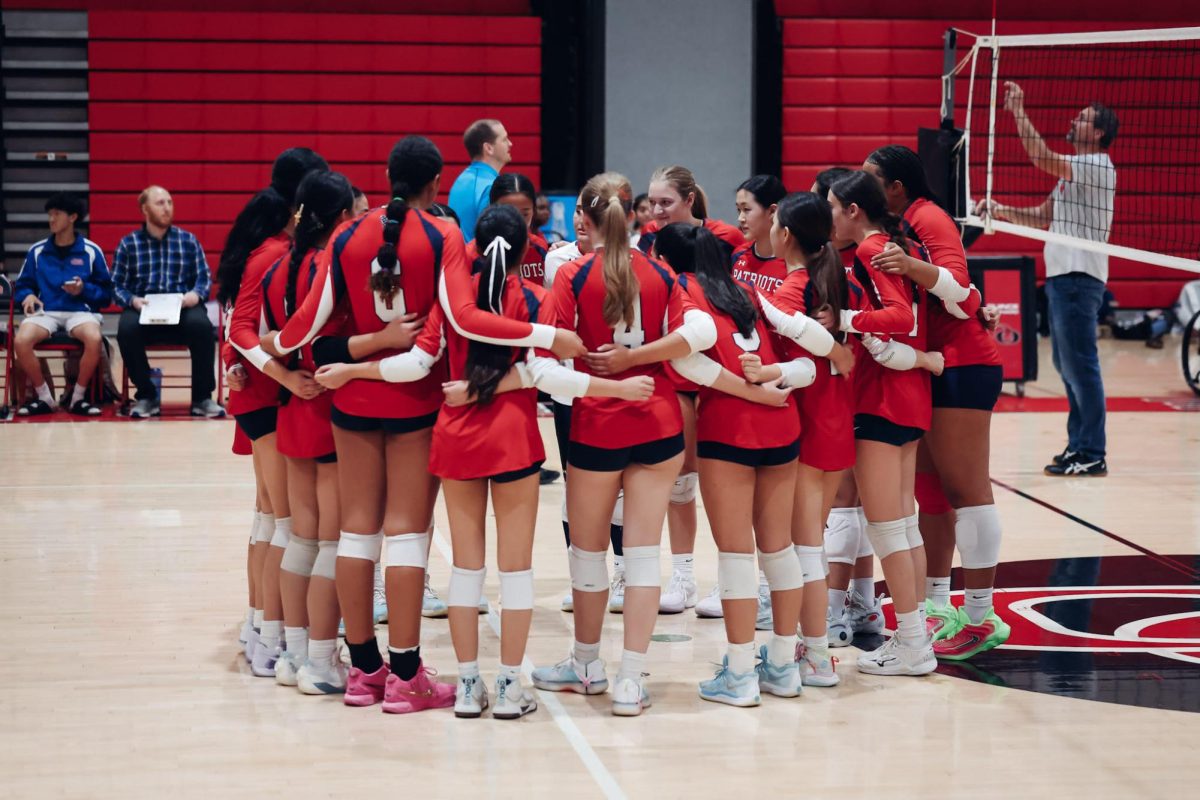Time is a crucial, if convoluted, element in the majority of our school’s sports (I say majority because, well, golf).
Without time, there wouldn’t be the thrill of a buzzer-beater, the magnitude of a broken record in track or swimming or the display of skill required to react to a speeding tennis ball or baseball. Time can speed up when an athlete is talking about how fast their years on the team went by, slow down in anticipation for a big game, or even appear to be in someone’s possession (it’s our time!). Learning from the past can teach valuable lessons and looking to the future can be a fantastic motivator, but the cliche rings true – there’s no time like the present.
Most students have heard the famous quote that “those who do not learn from history are doomed to repeat it,” and indeed, reflection can be one of the most powerful tools at an athlete’s disposal. Teams at our school such as football, hockey and track and field have utilized video of past performances to identify strengths and weaknesses in order to elevate future performance. But the past has the potential to be a burden as well. The phrase “paralysis by analysis” applies when athletes overcompensate and overprepare, while past failures, either from previous games or within the context of the same game, can intimidate athletes.
Similarly, a long-term perspective can have mixed results. As a long distance runner, my goal of winning a state championship was at the forefront of my mind even before the start of my freshman year. The goal inspired me to work harder at practice and caused me to search for a variety of ways to improve that I may not have found otherwise, but I dealt with a lot of anxiety over something that I could not control until years in the future. I was constantly looking to do something more instead of feeling any sense of fulfillment after making progress with a strong performance, while I overestimated the long-term impact of poor performances.
That is not to say that the past or future should be ignored, because the reality is that a healthy perspective on both can be beneficial and crucial to peak performance. But something that often is lost in the mix is the present, which should be the most important. Given the relatively short four-year span of a high school sports career, an athlete is missing out tremendously if he or she does not enjoy the present and live in the moment. On the field, athletes should take their preparation into consideration, but should keep their focus on performing to the best of their abilities, one moment at a time.


